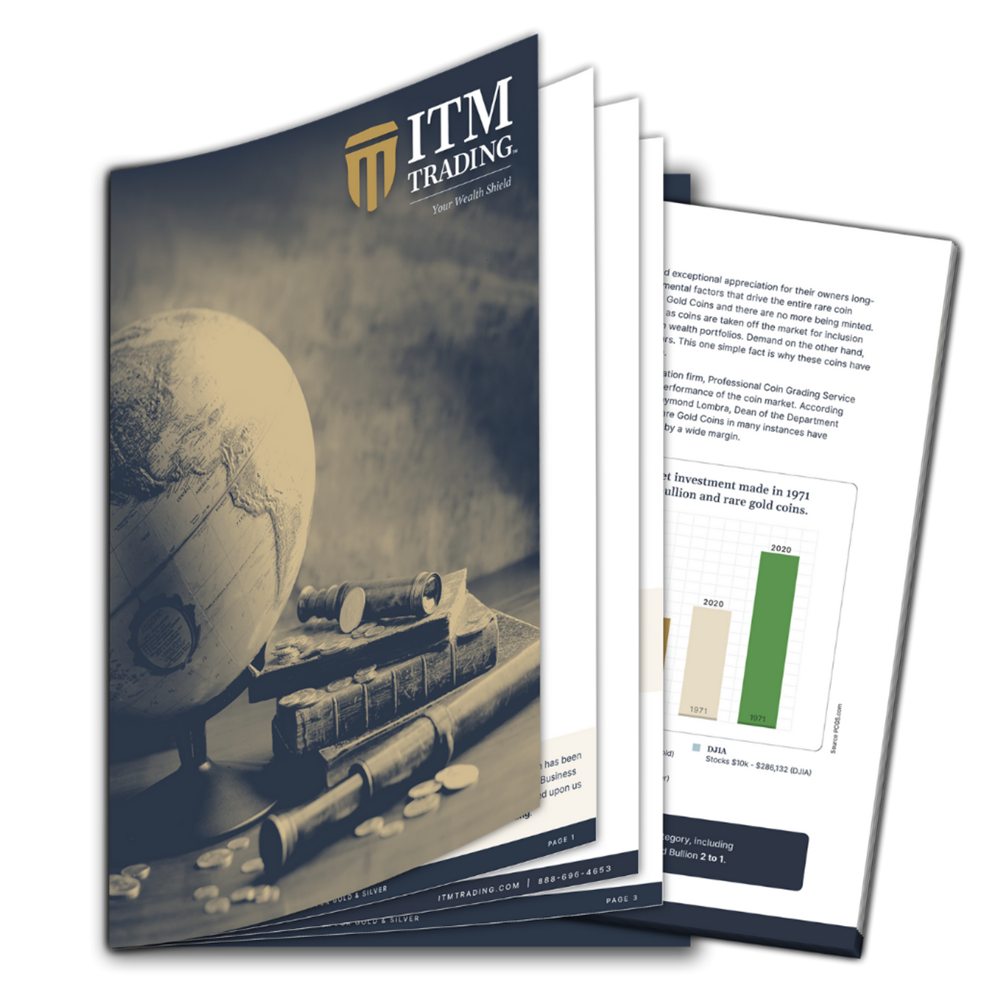Gold Traders vs. Gold Owners

Gold Traders vs. Gold Owners
The subject of gold trading has become very popular in financial circles in recent years because of the superior performance that gold has turned in as an asset class over the last nine years, as compared with many paper assets and real estate.
But individuals must be very careful when it comes to trading gold. While gold can provide excellent safety, security and profit potential over the long-term, in the short-term the price of gold can be very volatile indeed.
Price Volatility
This volatility would not necessarily be a problem if it was predictable, but short-term volatility in the gold trading market can be quite unpredictable. Successful trading takes as much luck as skill and some say a "crystal ball," which of course does not exist.
Trading in gold on the futures market is in reality no different from trading any other commodity, such as oil, soybeans, natural gas, pork bellies, corn or wheat. Futures trading is used for both hedging and speculation.
However, trading gold futures is emphatically not the same as owning gold. And while trading futures can provide great leverage for taking advantage of rising prices, that same leverage can multiply the risk of loss in a period of falling prices. At the same time, the gold trader receives none of the safety and security benefits that gold is famous for.
It is true that physical gold ownership does not offer the same degree of profit potential as highly leveraged futures contracts, owners of gold can and do still profit from upward movements in the price of gold.
On top of this profit potential, owners of physical gold enjoy additional benefits that are completely absent for the gold trader. Those benefits center around the safety, security and liquidity involved in owning physical gold.
Safety, Security and Liquidity
For thousands of years, gold has been a widely accepted store of value and "trusted medium of exchange." This has been true for nations as well as individuals.
An example comes to us from the experience of Allied aviators and aircrew in wars going back to World War II. Since that time, it has been very common for aircrew that have to fly over enemy occupied territory to be issued gold coins kept in a secret pouch or money belt. Because gold is so universally recognized and accepted as money across a variety of cultures and societies around the world, these gold coins can be instrumental in aiding downed flyers in their escape and evasion efforts in occupied or enemy territory.
This practice was originally started by the British in World War II and was subsequently copied by the United States. This practice continued throughout the Cold War days of the Strategic Air Command and in the Vietnam War and reportedly remains standard operating procedure today.
With the possible exception of silver, there is no other asset in the world that performs a role like this the way gold does. This explanation is symbolic of the utility of physically keeping gold on hand—something gold traders never get the benefit of.
Futures contracts may or may not make you wealthy. They may or may not lose you a lot of money. But gold itself has never been worth zero. Gold has always had value. In good times and bad, bear markets and bull markets, gold has never been worthless. The same cannot be said of futures contracts.
For those truly interested in benefiting from all that gold has to offer, the best advice is to avoid trading gold and instead owning gold. If you want to own more paper assets, trade gold. If you want to own gold—buy the physical metal!














